Back from the dead or false flag operation?
(Baonghean.vn) - Recently, there is a word that is often used by the Kremlin and its representatives, which is "provokatsiya".
Literally, the word means “provocation,” while its figurative meaning is a “false flag operation” – covert operations conducted by governments, corporations, or secret organizations to deceive public opinion that they are being carried out by other entities.
The poisoning of former Russian spy Sergei Skripal and his daughter Yulia in the UK?Provokatsiya!What about the shooting down of Malaysia Airlines Flight 17 in eastern Ukraine?Provokatsiya!What about the Kremlin's interference in the 2016 US presidential race? Alsoprovokatsiyanote
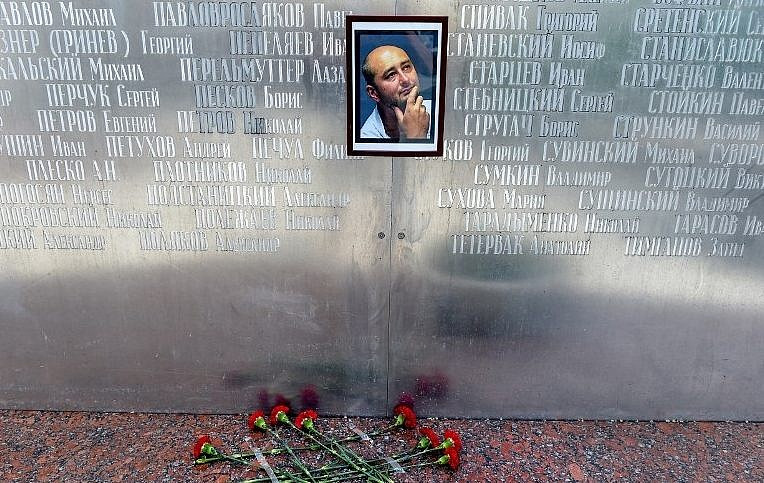 |
| Flowers are placed under a photo of Babchenko in Kiev after the journalist was "assassinated" at his home. Photo: AP |
Like a movie!
According to the New York Times, before May 30, this Wednesday, many people easily sneered and mocked the Kremlin's "arrogant shouting"provokatsiyais a crude way to divert the public’s attention from the obvious facts and ignore them, and then fall into things that most likely never happened and absurd conspiracies. But after Wednesday, “thanks” to the intrigues of the Russian journalist Arkady Babchenko, it became much more difficult to refute such statements from the country of birch. This time, it turned out that the Russians were proven right.
It was like something out of a spy movie: On May 29, Mr. Babchenko, who had long annoyed the Kremlin with his articles criticizing Russia’s “invasion” of Ukraine, was suddenly shot three times in the back in his apartment while his wife was in the bathroom. The journalist was living in Kiev, the capital of Ukraine, where he had sought refuge because he feared he would not be safe in Moscow. But even there, Russian agents found him, and Babchenko died on the way to the emergency room. Police said his wife was in a state of panic.
Babchenko’s colleagues in Moscow were shocked by the news. Many of them disliked him personally, or disagreed with him politically. Babchenko was reportedly so anti-regime that he once wrote that the dozens of children who burned to death in a Kemerovo shopping mall fire were… atonement for Vladimir Putin’s crimes?! But on Tuesday, they put those differences aside. One obituary after another was written and posted on social media at breakneck speed, all implying that yet another Russian journalist had been gunned down by the Kremlin for daring to think otherwise.
And there is little doubt that the “culprit” is the Kremlin. Russian-backed assassins are suspected of killing two journalists and a former Russian lawmaker in Kiev in the past two years alone. Who else kills Russian journalists for their work? Who else hunts enemies beyond Russia’s borders?
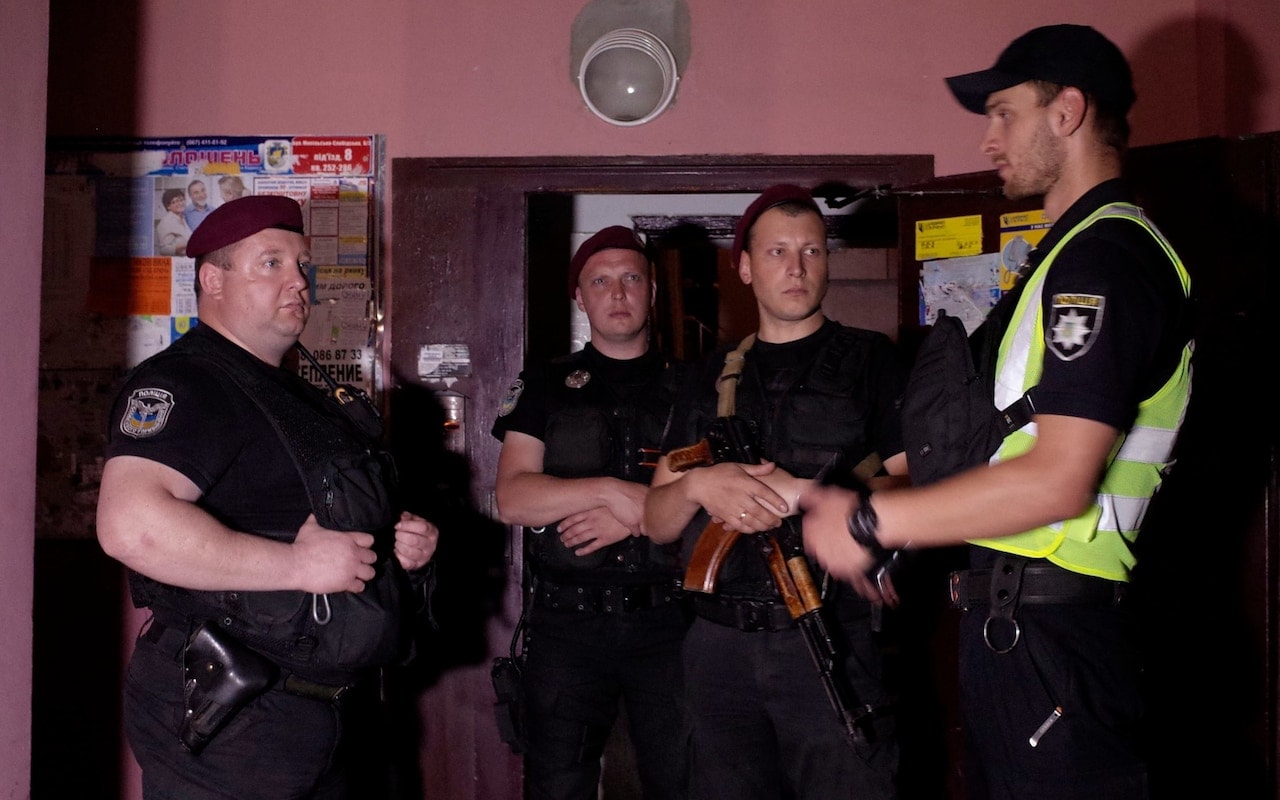 |
| Ukrainian police stand guard outside the entrance to Babchenko's apartment. Photo: Reuters |
It turns out Russia was right…
Immediately after the news of the assassination, sources close to the Kremlin explained that the whole thing was just a ruse.provokatsiya, that is, a provocation, a false flag operation. They argue with the opposite question: Why did President Putin kill an anti-Putin journalist when he would be the first to be accused? Aleksei Pushkov, a hawkish member of parliament, was sure it was a plot to smear Moscow. He wrote on Twitter: “Why did the police come to Babchenko’s house just a few hours before his murder? Why did they look for footage from cameras or turn them off? Usually, there are no coincidences in such cases.”
Independent journalists have mocked what they see as a clear attempt to deflect blame. But that was before 6 p.m. on May 30, when Babchenko suddenly “resurrected.” He appeared suddenly, alive, breathing, laughing and apologizing to his wife at a press conference in Kiev with the Ukrainian Security Service, the country’s successor to the KGB. It turns out that while the public thought Babchenko had died on the way to the hospital, he was unharmed. It was all a month-long operation planned by the security service to “trap” the man allegedly hired to kill Babchenko.
At first glance, it seems that this stunt worked and the killer, whom the Ukrainian side asserted was about to carry out 30 “orders”, was arrested. Meanwhile, the apology of journalist Babchenko to his wife also has a “deceptive” color, because it is clear that his spouse was also present and participated in the incident. Thus, the scenario that should have been considered the least likely, that Kiev staged this incident to smear Moscow, turned out to be the truth.
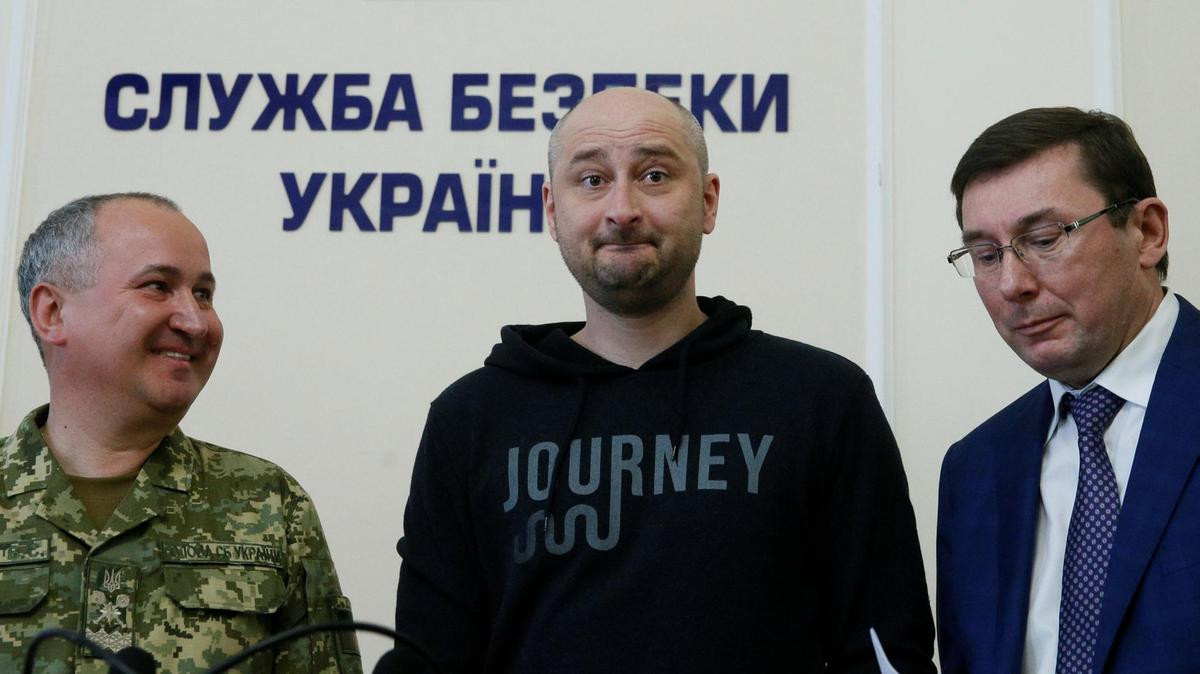 |
| Arkady Babchenko (center) appears at a press conference about his "death" organized by the head of the Security Service of Ukraine. Photo: Reuters |
When faith is shaken
The New York Times reported that independent Russian journalists reacted with fury. All the morality and ideals they thought their government had discarded, tormented, and stifled were being burned by Babchenko in a cinematic act of collusion with a state security agency. Who would dare to trust them anymore?
“This is a shameful, disgusting story,” wrote Ilya Krasilshchik, co-founder of the independent Russian news site Meduza. “I am glad he is still alive, but he has done even more damage to the credibility of journalism and the media,” said Andrei Soldatov, a writer who has covered Russian secret services.
Meanwhile, Yevgenia Albats, a prominent figure in Moscow’s opposition press, fumed that “the fake news theory has been confirmed and the Kremlin is celebrating.” Others pointed out that Babchenko’s stunt would have repercussions far beyond journalism. Tikhon Dzyadko, another Russian journalist, had criticized Russian officials on May 29 for calling Babchenko’s death a “fake news”provokatsiyastatement: “The whole purpose of the word'provokatsiya'is to convince people that everything happens for a reason, and that everything that is happening is part of a conspiracy against Russia. After Babchenko’s performance yesterday, it will be harder to accuse the Russian authorities of anything. They will make an example of Babchenko.”
"So the fake news theory has been confirmed and the Kremlin is celebrating."
For years, Russian officialdom has been adamant about a “false flag operation” at the highest levels. When former spy Sergei Skripal was poisoned in Britain, Russia’s UN ambassador, Vasily Nebenzya, told the Security Council that it was “absolutely a false flag operation.”provokatsiya. Mr. Skripal was poisoned near a British chemical weapons testing site! The poison was not Russian, it was British! And has anyone checked Mr. Skripal’s pets, have they been similarly poisoned? Sitting in a solemn room at the United Nations, Mr. Nebenzya repeated the wordprovokatsiyaso many times that it's like listening to a rapid electronic remix.Until Babchenko’s stunt, it was easy to dismiss the whole thing as a hoax. But the anti-Kremlin journalist turned it into a real weapon. High-ranking Ukrainian officials, who had no idea about the fake assassination, took Babchenko’s “murder” to the United Nations, blaming Russia. What will they say now? What will their future legal claims be? After Babchenko’s “resurrection,” the answer will never be known.

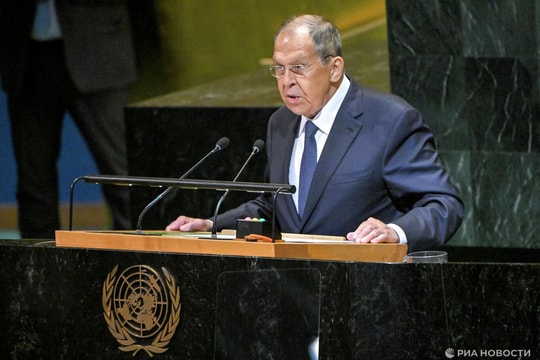
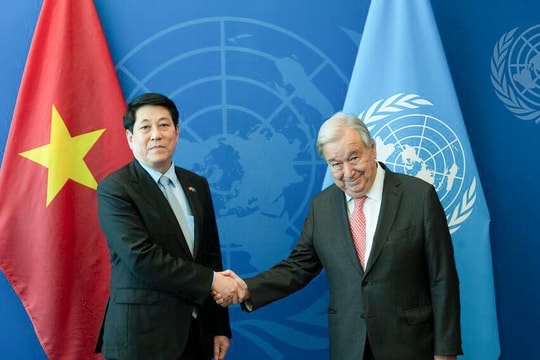
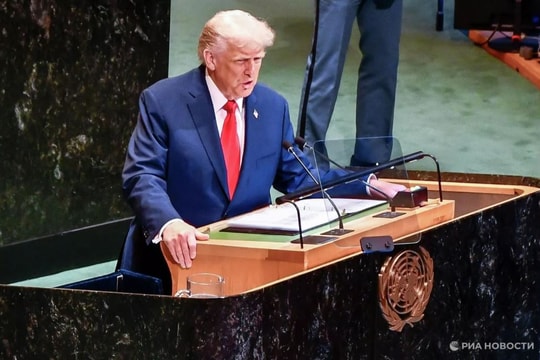


.jpg)

